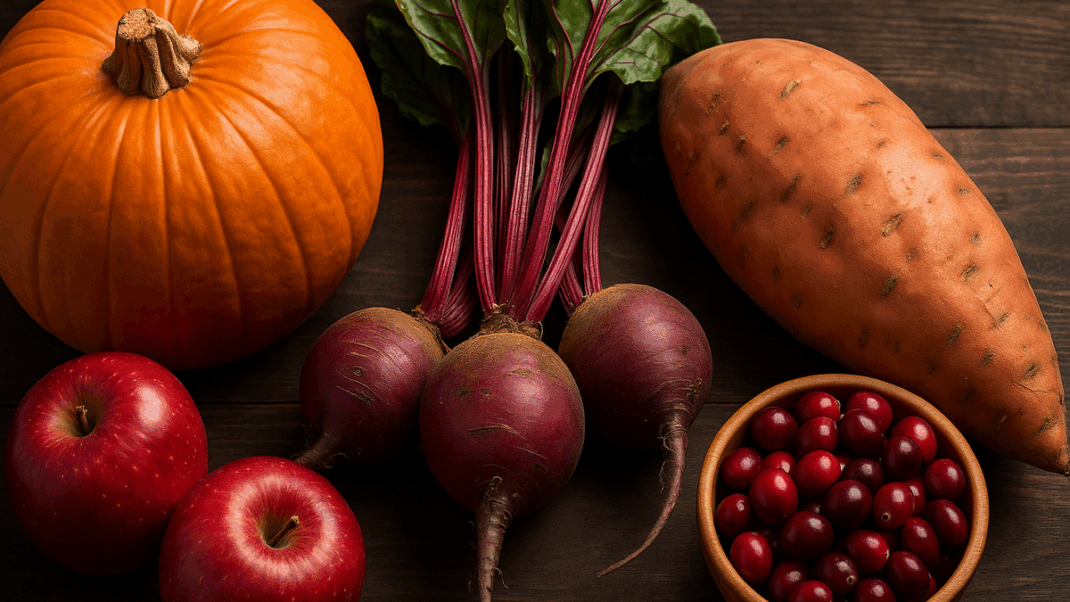Should We Get More Serious About Food Insecurity?
What do you think?

In America, nearly 40 million people experience food insecurity, and this appears to be a contributing factor to the obesity problem gripping the nation.
A study in the Annals of Internal Medicine found that obese adults in Louisiana who followed an intensive lifestyle intervention (ILI) for 2 years that involved weekly in-person sessions with health professionals lost more weight than those who followed usual care (UC)—but the intervention was discovered to be less effective among those with food insecurity. The mean absolute weight difference between the ILI and UC cohorts was 5.2 kg among the 556 food-secure patients and 2.7 kg among the 247 food-insecure patients.
Achieving a desirable weight can be hard for people who have no consistent access to healthful food, and food insecurity can also create stress and anxiety that complicate the ability to focus on eating properly and for health programs to be efficacious. Ascertaining a person’s food security status may help fitness trainers and healthcare professionals better customize programs for certain vulnerable individuals.
It is time to consider food insecurity a health crisis in America? Do you feel that it is a contributor to the obesity problem in the country? How can this problem be better addressed by policymakers? What do you think?
Matthew Kadey, MS, RD
Matthew Kadey, MS, RD, is a James Beard Award–winning food journalist, dietitian and author of the cookbook Rocket Fuel: Power-Packed Food for Sport + Adventure (VeloPress 2016). He has written for dozens of magazines, including Runner’s World, Men’s Health, Shape, Men’s Fitness and Muscle and Fitness.





